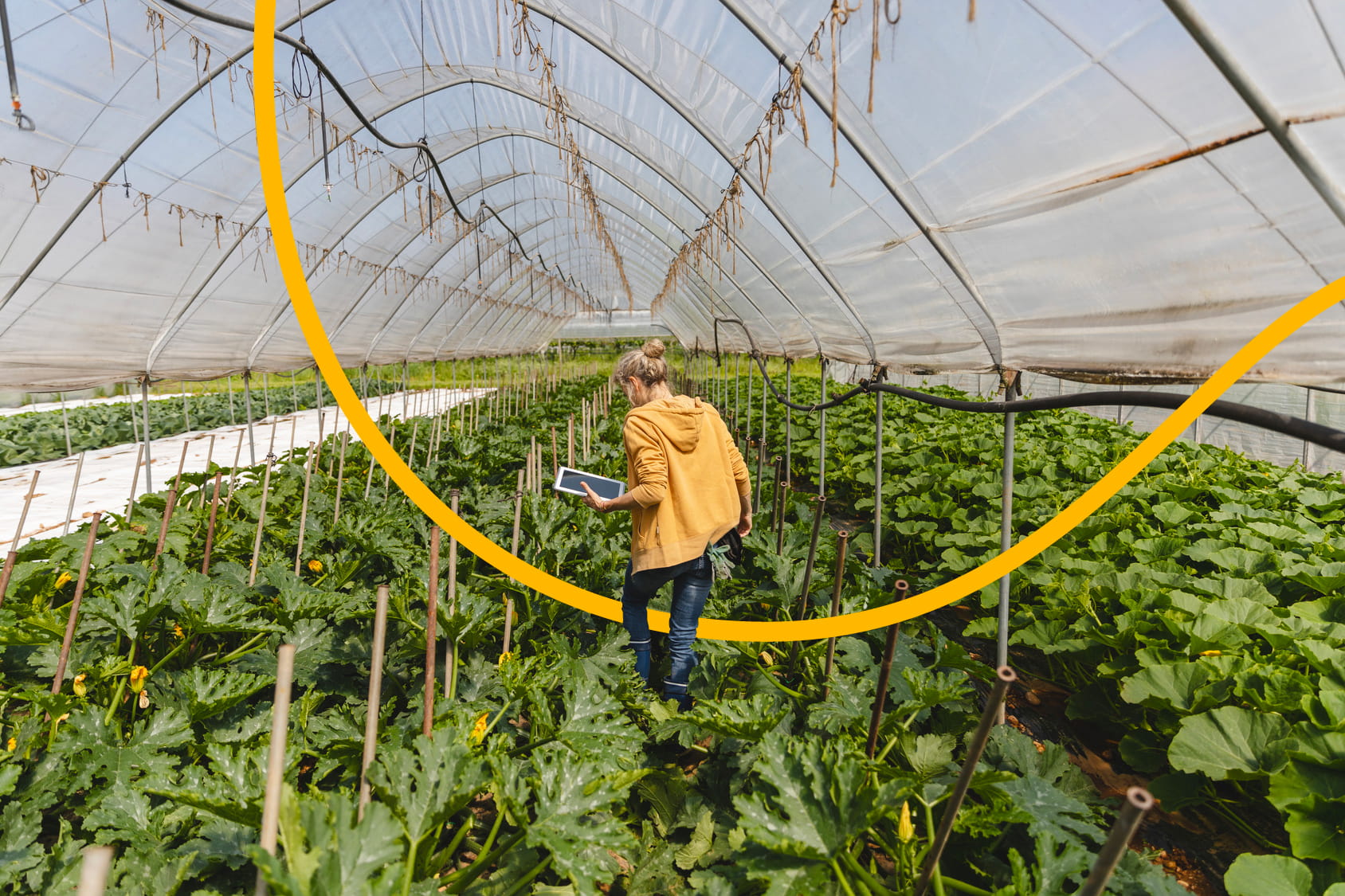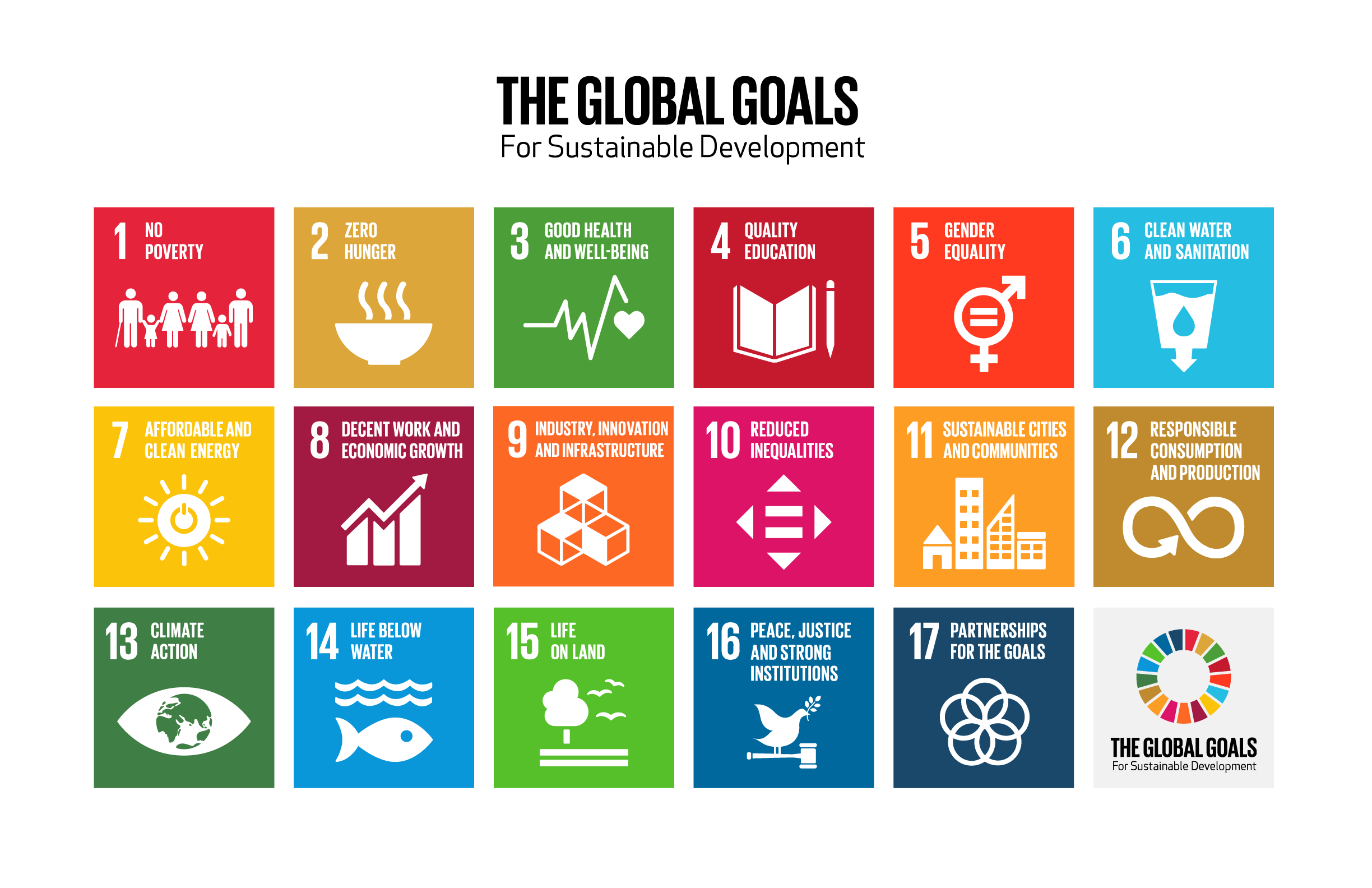Funded under the National Recovery and Resilience Plan (NRRP), Mission 4 Component 2 Investment 1.3, Theme 10.
On Food Perspective
A Comprehensive View of the Eco-Agro-Food System
On Food Perspective
When discussing food at any level of scientific or public discourse, it is necessary to move beyond certain oversimplifications that do not capture the richness, depth, and complexity of the subject.
Food and agricultural issues are often narrowly addressed in terms of soil availability, calories per person, and tons per hectare, while overlooking the fact that food, or more accurately, eco-agro-food systems, are central to many other critical concerns, including nutrition, health, culture, labor, and development.
If considered from a systemic and holistic perspective, the food system seems like a prism through which to observe, understand and change our reality. Food encompasses multiple dimensions of knowledge and people’s life.
Therefore, it should go far beyond its mere, most common association with ‘production’ and ‘consumption’ to include, instead, references to its level of sustainability evaluated in terms of quality, safety and security within a broad political, cultural and symbolic perspective.

Our project already expresses this commitment from its name: “OnFoods” means working on food and nutrition while focusing on relevant related issues through a wide lens.
To accomplish this, we use several scientific research tools ranging from the most critical specialised institutions to leading national companies known in the field.
According to the UN 2030 Agenda and its 17 Sustainable Development Goals (SDGs), OnFoods aims to produce innovative, scientific and technological outcomes to improve food and nutrition systems while promoting people’s and the planet’s sustainability, health and well-being.

The far-reaching challenges of the food system
Science tells us that in the Anthropocene era, anthropogenic activities can transition the earth to irreversible states unsuitable for human and other species’ life.
The food system, understood as the eco-agro-food complex, significantly contributes to anthropogenic impacts (land use, water exploitation, biodiversity loss, and greenhouse gas emissions). Consequently, it is the system that we must act on to mitigate the effects of climate change and reduce food-related diseases and related costs.
The challenges are far-reaching: tackling undernutrition and malnutrition, food security, equitable access to natural resources and food, and sustainable management of production and distribution processes. But also recognition of the role of women in supply chains, tackling waste, promoting virtuous food behaviours, food education programs and efficient policies.

Working on food safety
We all know that food safety is essential to a healthy and sustainable food system. That's why our mission is to promote food safety and reduce the risk of foodborne illnesses.
Through our research and innovation network, we are developing new strategies and tools to help ensure the safety of the food we eat, from production to consumption.

Nutrition through interindividual differences
As research in the field of nutrition has advanced, we have realised that not all individuals respond to food in the same way.
Significant differences can exist in how our bodies digest, absorb, and utilise nutrients based on our genetics, environment, and lifestyle factors. This growing understanding of interindividual differences in human responses to food intake has highlighted the need for a more personalised approach to human nutrition.
Our research deepens our understanding of the multiple factors individual responses to food, including genetics, gut microbiota, and lifestyle factors.

Food systems at the proof of global challenges
The Covid-19 pandemic and the ongoing conflict between Russia and Ukraine have exposed the fragility of our food system and the need for greater resilience and sustainability.
The pandemic disrupted global supply chains, causing shortages and price spikes in many regions, while the conflict has disrupted agricultural production in Ukraine, a key food exporter.
To address these challenges, the OnFoods project focuses on strengthening the resilience of food companies and the food system as a whole. This entails developing contingency plans for supply chain disruptions and promoting more sustainable and resilient farming practices that can adapt to changing environmental conditions.
It is essential to cultivate interdisciplinary expertise to tackle the complex challenges the food system presents to achieve this goal.
This involves bringing together specialists from various fields, such as agriculture, food science, economics, and policy, to collaborate on research and innovation projects that can contribute to building a more sustainable and resilient food system.


